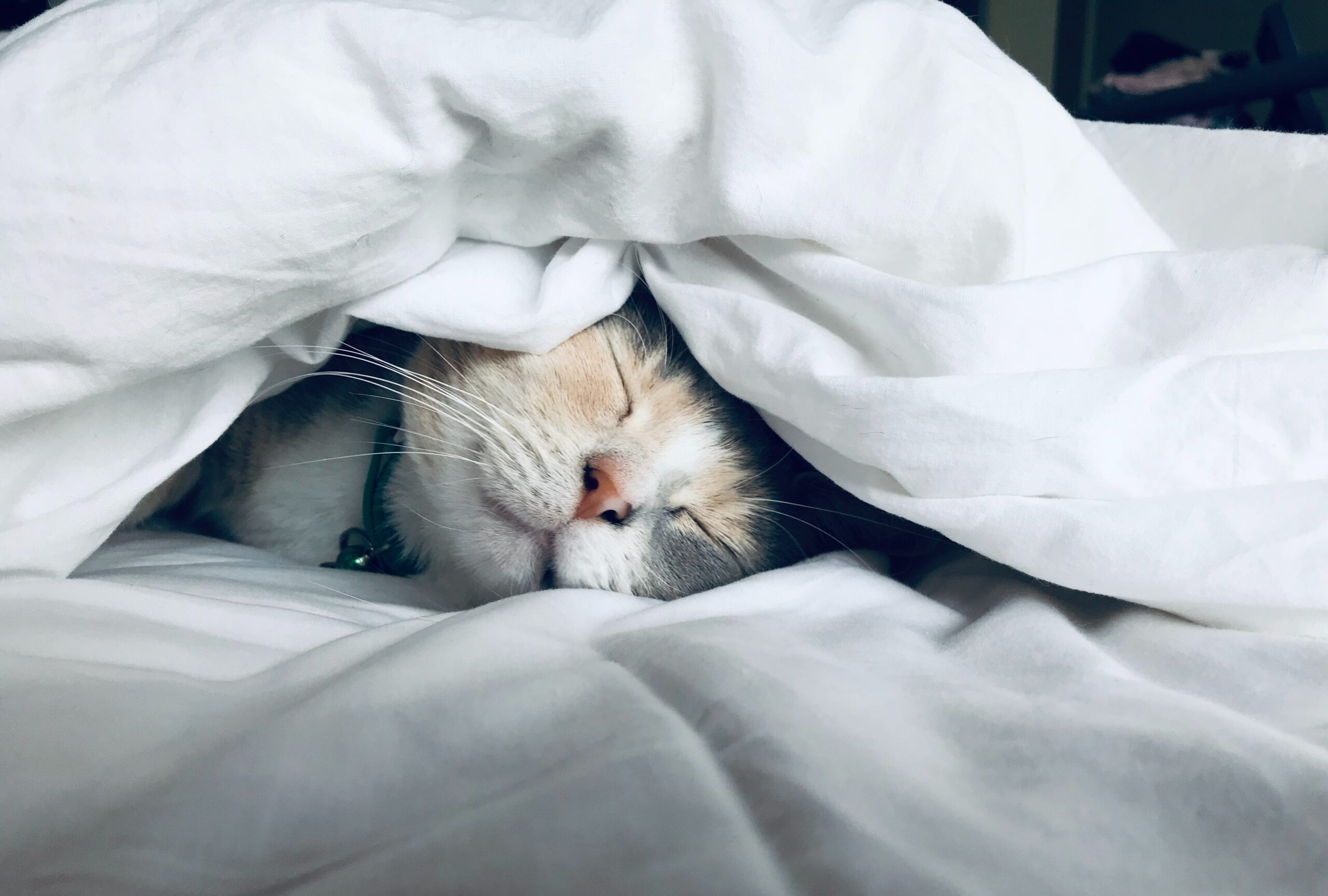The Importance of a Great Night’s Sleep
Getting a “great night’s sleep” is crucial for our overall well-being. It not only helps us feel refreshed and energized, but it also plays a vital role in maintaining our physical and mental health. Unfortunately, many of us struggle with falling asleep quickly and staying asleep throughout the night. In this post, we will explore some effective strategies to help you get to sleep quickly and reap the benefits of a great night’s sleep.
The Benefits of a Great Night’s Sleep
Before we dive into the tips for getting a great night’s sleep, let’s take a moment to understand why sleep is so important. Quality sleep has numerous benefits that impact various aspects of our lives:
- Improved Cognitive Function: A good night’s sleep enhances memory, concentration, and problem-solving skills, allowing you to perform better at work or school.
- Enhanced Physical Health: Sleep plays a vital role in repairing and rejuvenating our bodies. It strengthens the immune system, reduces the risk of chronic diseases, and promotes a healthy heart.
- Emotional Well-being: Adequate sleep improves mood, reduces stress, and helps regulate emotions, leading to better mental health and a more positive outlook on life.
- Increased Productivity: When you are well-rested, you are more alert, focused, and efficient, resulting in increased productivity throughout the day.
- Weight Management: Lack of sleep can disrupt hormones that regulate appetite, leading to increased cravings and a higher likelihood of weight gain.
Tips for Falling Asleep Quickly
Now that we understand the importance of quality sleep, let’s explore some effective strategies to help you fall asleep quickly:
- Create a Soothing Sleep Environment: Make your bedroom a sleep-friendly space. Keep it cool, dark, and quiet. Invest in a comfortable mattress and pillows that support your body.
- Establish a Bedtime Routine: Establishing a consistent bedtime routine signals to your body that it’s time to wind down. Engage in relaxing activities such as reading, taking a warm bath, or practicing gentle stretches.
- Avoid Electronic Devices: The blue light emitted by electronic devices can interfere with your body’s natural sleep-wake cycle. Avoid using screens at least an hour before bed.
- Limit Caffeine and Alcohol Intake: Caffeine and alcohol can disrupt your sleep patterns. Avoid consuming them close to bedtime, as they can interfere with falling asleep and staying asleep.
- Manage Stress: Stress and anxiety can make it difficult to fall asleep. Practice relaxation techniques, such as deep breathing exercises or meditation, to calm your mind before bed.
- Exercise Regularly: Engaging in regular physical activity can promote better sleep. However, avoid exercising too close to bedtime. It may increase alertness and make it harder to fall asleep.
Conclusion for a Great Nights Sleep.
Getting a good night’s sleep is essential for our overall well-being. So follow these tips. Incorporate healthy sleep habits into your routine. You can improve the quality of your sleep and enjoy the numerous benefits it offers. Remember, a well-rested body and mind are the foundation for a happier and healthier life.








